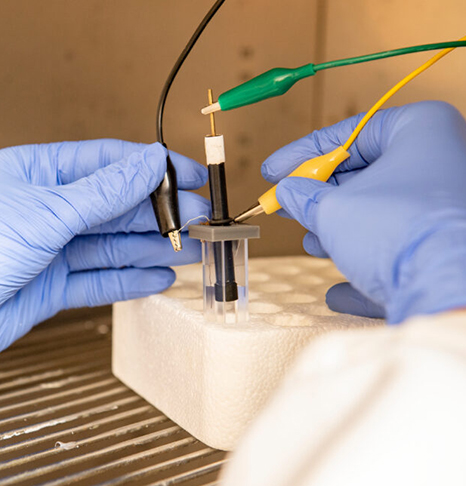There are many factors that facilitated our pursuit to become the most dominant species in the world’s history, but in all honesty, none of those factors turned out to be as important as our intelligence. Without intelligence, we would have no clue whatsoever about how to effectively use the resources at our disposal and elevate ourselves on the back of it. Now, as you know, the human cognitive abilities have had great importance right from the get-go, but the best part here is the fact that they have always been open to becoming better. You see, the idea of scaling up such an important element of our growth gave us a shot at achieving things that haven’t even been imagined before. One popular example here is, of course, technology. It’s safe to say that technology was unlikely to see any light, if it wasn’t for the human ability to feed our mind with knowledge of varying nature. By using all these bits and pieces of information, we were able to construct a vision that would go on to transform every area in our lives. While the said transformations were significant all over the place, one spot where it made an instant impact was healthcare. The discovery of refined methodologies and more inventive tools to execute them added a nice dynamic to the sector, thus bolstering its image amongst the millennials. It’s important to note that this reimagining of the healthcare sector’s identity happened through one step at a time, and in a way, it’s still going on. However, when you look at developments like the most recent one from Washington University, you realize how better positioned we are to make that next step.
The researching team at Washington University has successfully created a electrochemical test, which can rapidly locate antibiotic-resistant bacteria within the patient samples. This entire idea is based upon helping medical professionals in prescribing the most effective antibiotics to their patients. Even though it sounds pretty simple, the process of gauging what antibiotics will complement a particular case has proven to be one hugely tricky thing. There remains a sizeable chance that the bacteria in play could be resistant to the prescribed drug, and if that’s what turns out to be the case, it won’t have the intended effect, or worse, it can even go on to create new resistant forms of bacteria. Therefore, the clinicians like to run certain tests before extending the prescription in such a scenario, but the current methods to do so have been long criticized for being too slow, so a more time-sensitive take from Washington University could very well alter the medical landscape.
“Instead of looking for growth of a culture, we look for metabolism, and that is basically what we’re detecting by the movement of these electrons so it can happen in much shorter time spans compared to a conventional culture-based assay,” said Douglas Call, a researcher involved in the study.
According to some reports, the new electrochemical test can detect bacteria’s response to the antibiotic in just 90 minutes by assessing how factors like metabolism and respiration are shaking out post exposure. Furthermore, the researching hasn’t ruled out a possibility of this timeframe becoming even less consuming in the future, as they look to bring out its best version.



















